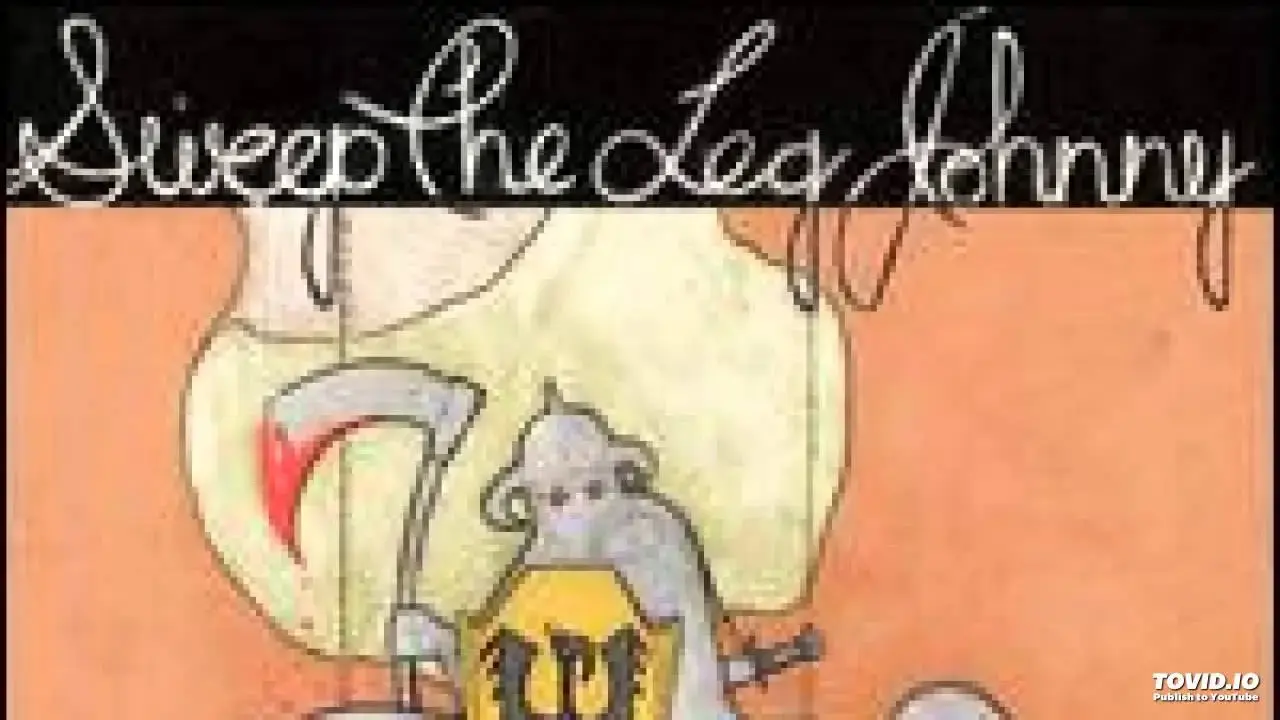- 3 Posts
- 18 Comments

 1·1 month ago
1·1 month agobro what are you on about. do you really think there were no equivalent problems back then weve since solved? i cant examplify because i was not alive at that time and im not read up enough but to me its obvious every time period will have their own challenges, and stop putting words in ppls mouths lol

 5·2 months ago
5·2 months agosource? plus “western wages” is a pretty broad range and doesnt really mean anything without context
when i used to play games that required coop to get certain items id often sit for long whiles hovering over the search for teammates button, online social anxiety is real shit. nowadays its better but i still cant do mh coop in fear of being too bad

 77·5 months ago
77·5 months agosociety has become so used to girls and women being considered less that there is a scary amount of rationalization as to why its fine actually to completely annihilate all remaining bodily autonomy they have left. this is an explosion in suicides of young girls and adult women alike begging to happen. wake the fuck up.

 4·5 months ago
4·5 months agoalso as a swedish person i think by far the most notable aspect is how level the playing field is when it comes to respect, primarily in schools and the like but even in other spaces.
its the norm that students and teachers are on first name basis and honorifics are almost never used anywhere. the plural 2nd person pronoun “ni” has largely fallen out of use in its other meaning as a singular 2nd person formal pronoun, being replaced with its informal counterpart “du” most of the time.
students and employees alike can freely and commonly do criticize and talk back to teachers and employers/bosses if theres a genuinely valid reason to do so and the general dynamic between different social positions is so relaxed to the point of it being fascinating. i think meeting the literal king of the country would for many people not warrant that big a change in behaviour other than obviously just being particularly nice.
as a result of this i think people have an easier time seeing each other as people rather than just as cogs of society, and being a person who struggles a lot with reading social cues its an enormous relief to so far in my professional life never had to worry a single time whether i should refer to someone as mr. or ms. or if i should be speaking in a particular register

mind supplying concrete examples? isnt judaism literally supposed to be the religion of peace in theory? to be clear im not a fan of religion either but im also not a fan of ignoring the real issues and saying “just read their scriptures” on the assumption that what you consider to be obvious signs of this supposed agenda is the universal interpretation

i may be misinterpreting your comment but do you imply religion is what? cuz colonialism is by insurmountable lengths the bigger culprit
artist - recommended album (spotify link)
my recommendations:
- Deafheaven - Sunbather (guess my namesake wow)
- Vektor - Terminal Redux
- Abigail Williams - Walk Beyond the Dark
- Ne Obliviscaris - Portal of I
- Lantlôs - .neon
- Wilderun - Epigone
- Ashenspire - Hostile Architecture
- Rivers of Nihil - Monarchy
- Slugdge - Esoteric Malacology
- Virvum - Illuminance
- Gojira - From Mars to Sirius (NOW I CAN SEE THE WHALEEEEES)
- Wayfarer - A Romance With Violence
- Silhouette - Les retranchements
- Black Crown Initiate - Selves We Cannot Forgive
- Mgła - Age of Excuse
friends recommendations (maybe slightly more digestible than some stuff on my list):
- Inferi - Vile Genesis
- Vale of Pnath - II
- The Black Dahlia Murder - Deflorate
- Lorna Shore - Pain Remains
- Fallujah - Empyrean
- Allagaeon - Fragments of Form and Function
- Native Construct - Quiet World
swedish and german have a significantly overlapping vocab and can be pretty fun to compare, one of my favourite examples showcasing the relationship between the languages are the respective words for iron: originally derived from proto-germanic īsarną, proto-norse took the ending turning it into járn, which became the modern järn in swedish, meanwhile old high german went the other way transforming it into īsarn, middle high german īsen, then the contemporary Eisen
fun fact: to find the actual diameter of the pizza that would larger by a factor of x its (D/2)*2√x
good luck finding a place that offers irrational size pizza though
not much to refute in the argument of whether its 16 or 1 as its all a matter of convention in the end and ultimately the root of the argument is poor formatting of the expression, im used to implicit multiplication taking precedent and that 2(2+2)===2*(2+2) and that for my first argument having the same expression on 2 sides of a division sign automatically equals 1, but how come you find implicit multiplication in quotients weird? seeing as it happens literally all the time in equations, unless thats a difference in school systems or similar im unaware of
for fun also rewrote the expression into powers of 2 and indeed depending on how you go about implicit multiplication i end up with either 2⁰ or 2⁴, so for the sake of sanity i figure its best to just say x₁=1; x₂=16
8÷2(2+2)=2(2+2)÷2(2+2)
alternatively if 8÷2(2+2)=16 that means 2(2+2)=8÷16 in other words 8=0,5 which it isnt

 4·11 months ago
4·11 months agomy go to for remembering which one to use is translating the sentence to english and if “the” or “they” is correct use “de” and if “them” is correct use “dem” (remember by thinking dem = them)
depressive suicidal black metal (which is fire)





article (some fucked up stuff in here)